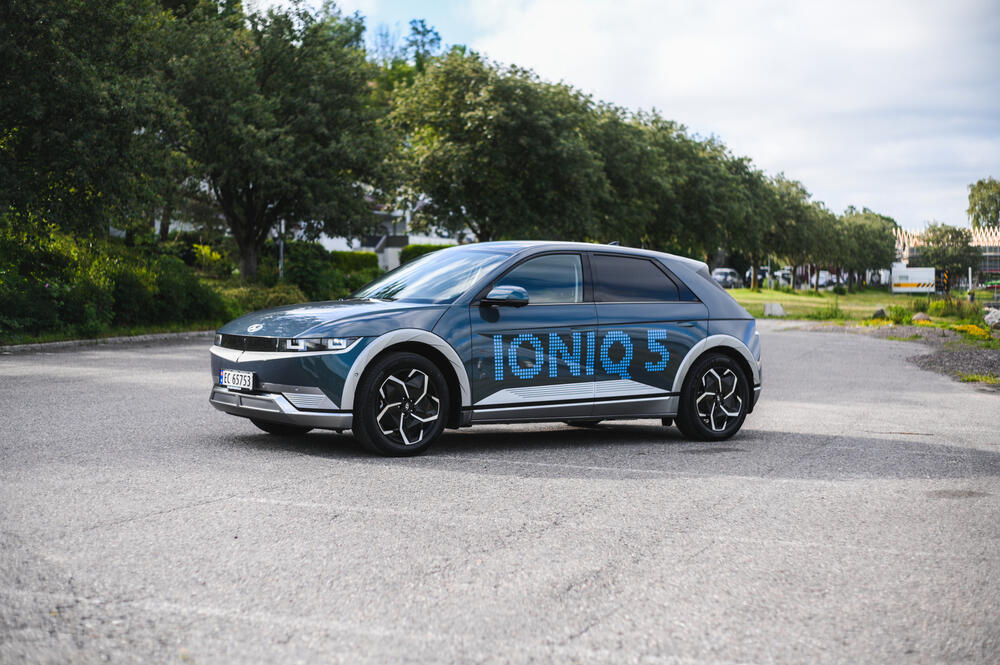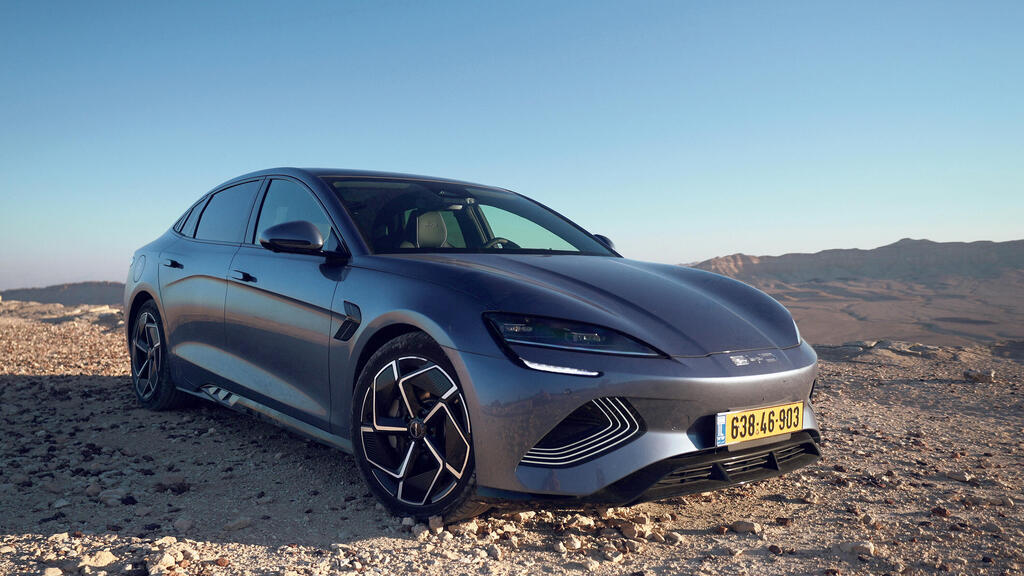Getting your Trinity Audio player ready...
In recent weeks, two refreshed car models have been launched: Hyundai's Ioniq 5 and BYD's SEAL. Both models, introduced in 2021 and 2022 respectively, are receiving significant updates ahead of the typical five-year facelift cycle. This global automotive industry standard generally involves cosmetic upgrades to keep cars relevant.
However, these updates are more than just aesthetic. The Hyundai Ioniq 5 now features a substantial battery upgrade, increasing from 72.6 kWh to 84 kWh. This enhancement boosts the top model's range from 480 km (300 miles) to over 550 km (340 miles). Other upgrades include new wheel designs and interior materials, but the major improvements lie beneath the surface.
BYD's SEAL takes a significant step forward by moving to a powerful new platform. According to sparse BYD publications, this platform change is akin to shifting from a carburetor to a hybrid vehicle in terms of technological advancement. Externally, the SEAL will see minimal changes, but its interior will feature a redesigned dashboard and seats.
These updates reflect a broader trend among electric vehicle (EV) manufacturers, who have announced major enhancements to existing models. Unlike mid-life upgrades in gasoline cars, which often focus on superficial enhancements like sound systems and wheel designs, EV upgrades are core technological improvements. This trend is driven by several factors.
Firstly, gasoline vehicle technology has peaked, with further R&D investment yielding diminishing returns. Conversely, the electric vehicle market is reminiscent of the automotive industry’s early innovation phases, with intense competition driving frequent breakthroughs in battery technology and other core components.
However, this innovation presents a challenge. EV consumers are divided into two groups: traditional buyers and tech-savvy innovators. Traditional buyers view EVs through the lens of cost-effectiveness, focusing on immediate savings and less concerned with having the latest model. In contrast, tech-savvy innovators, who represent over 30% of the market, treat EVs like electronic devices, constantly seeking the newest and most advanced models.
For these innovators, the shift to an 800V platform in the new BYD SEAL is as significant as upgrading from an iPhone 8 to an iPhone 15. This can pose a problem for manufacturers. For example, the current Hyundai Ioniq 5 is no longer available in Israel, and the SEAL is still being supplied. The new, upgraded models are expected to arrive next year after a tax hike, which could impact sales.
Recent trends in the used EV market show that the introduction of significantly upgraded models or superior competing models can deter buyers unless substantial discounts are offered. The new Ioniq 5’s increased range and the SEAL’s faster charging capabilities could negatively affect the resale value of older models.



